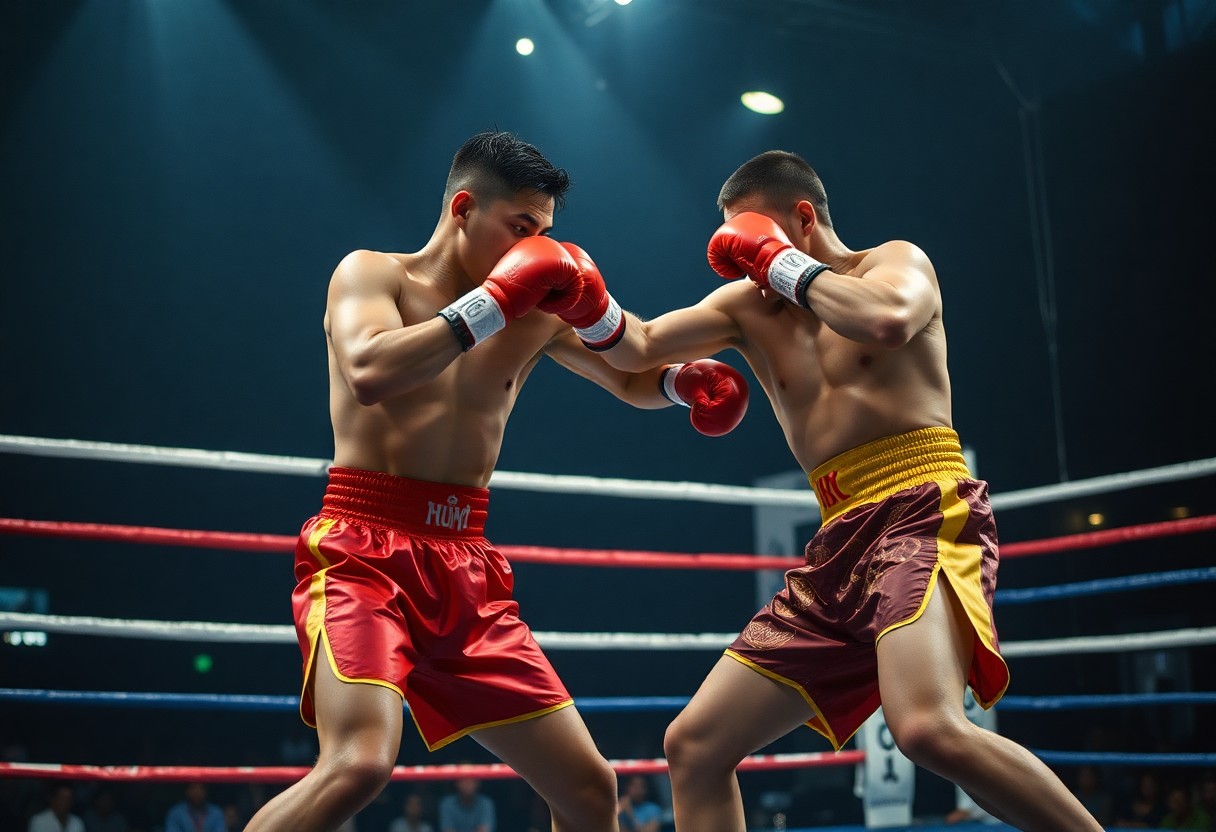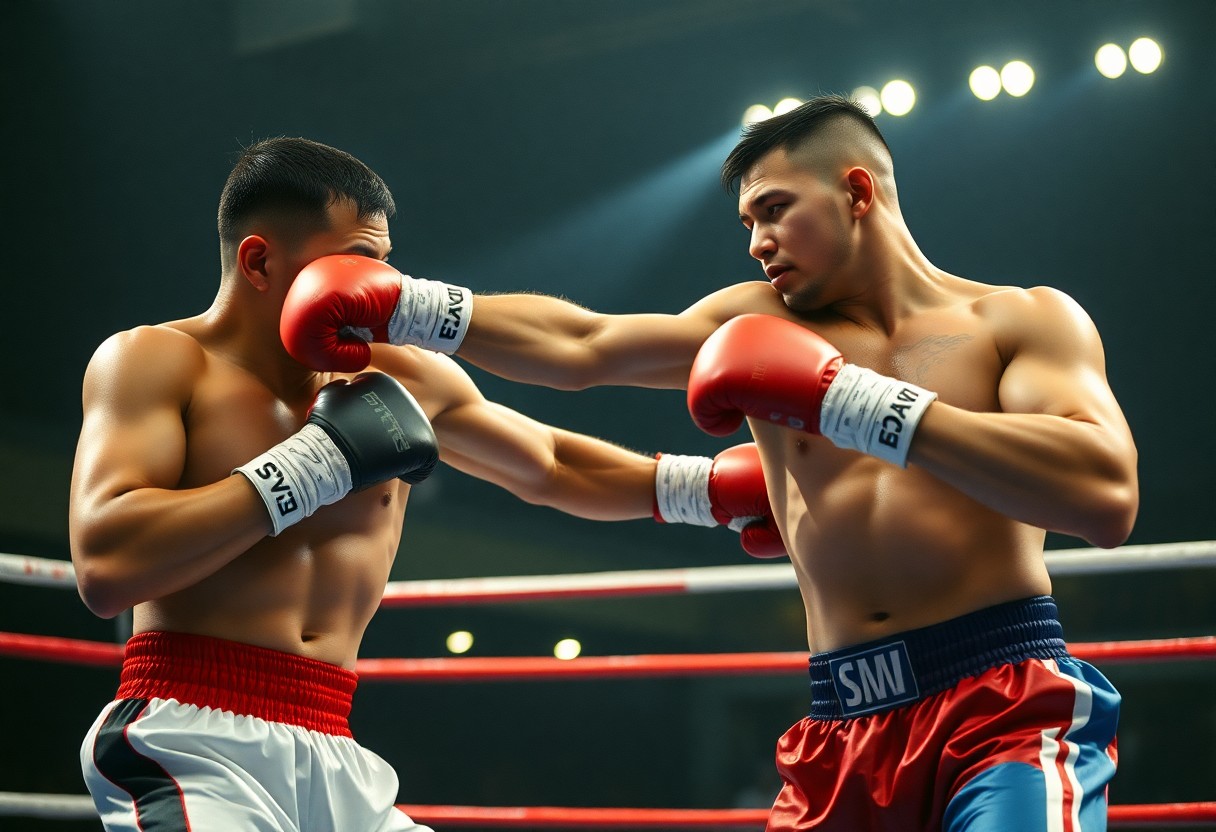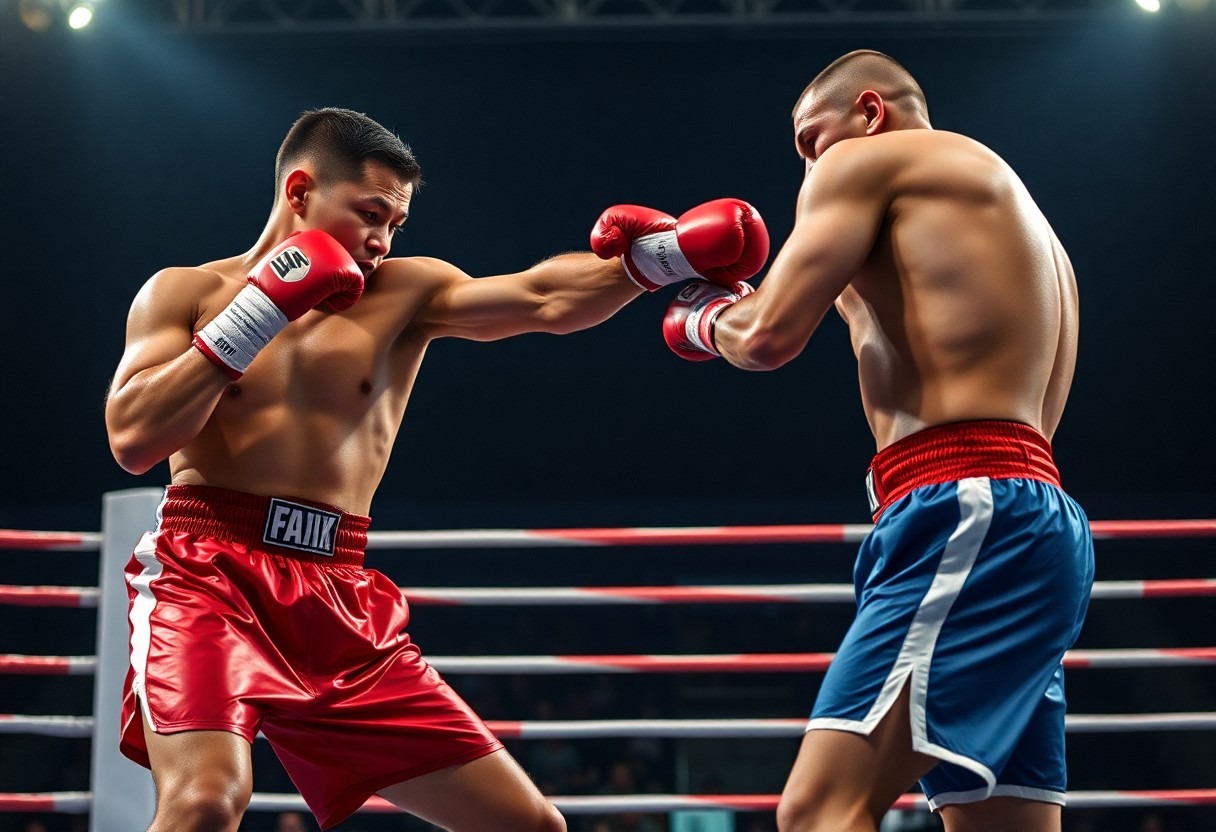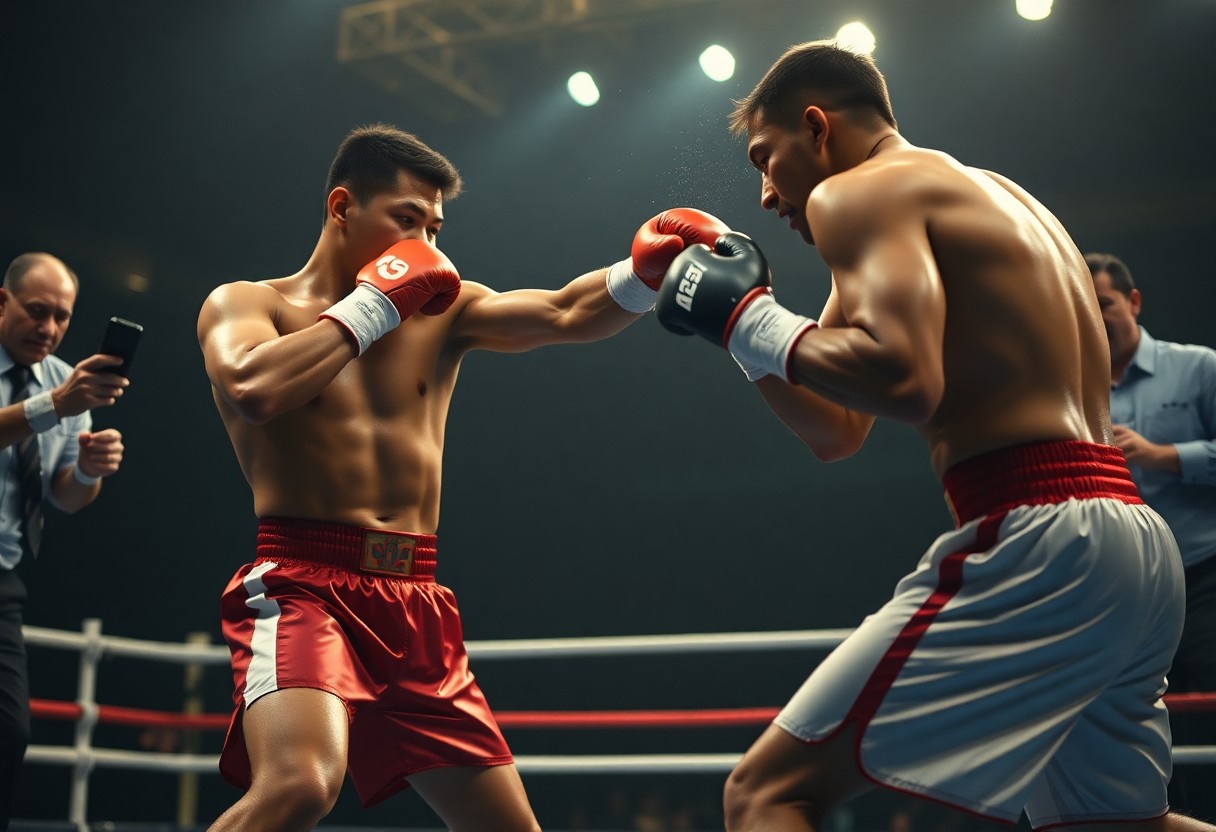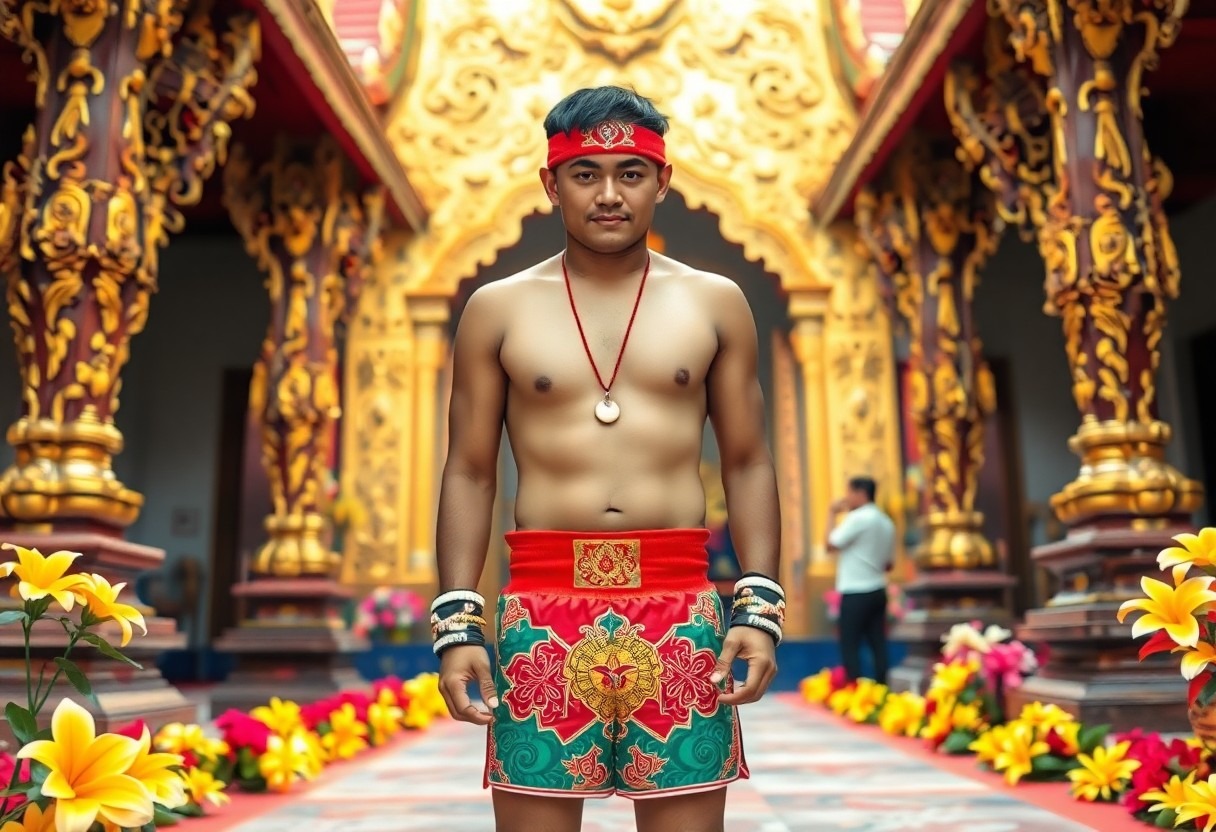
There’s a rich tapestry of arcane traditions that underpin Thai boxing rituals, an art form deeply intertwined with Thailand’s cultural heritage. As you investigate into these practices, you’ll discover how spirituality, respect, and ancient beliefs shape the preparation and conduct of the fights. From the sacred dance of the Wai Khru to the significance of the Mongkol, these rituals not only honor the fighters’ ancestry but also enhance your understanding of the sport’s emotional and spiritual dimensions.
Historical Context of Thai Boxing
Your understanding of Thai boxing is deepened when you consider its rich historical context. Over centuries, this martial art form evolved from military training practices into a respected sport known for its efficiency and artistry. The intertwining of culture, tradition, and combat techniques has made Thai boxing not only a physical battle but also a spiritual and national symbol that resonates with the Thai people.
Origins of Muay Thai
Any exploration of Muay Thai’s origins uncovers its roots in ancient military techniques used by Thai soldiers. Known initially as “Muay Boran,” this fighting style was a practical means of hand-to-hand combat during wartime, showcasing skills useful for survival and defense.
Evolution Through the Ages
At each historical milestone, Muay Thai transformed significantly, embracing changes that reflected societal shifts in Thailand. The art developed from a brutal combat form into a regulated sport, gaining popularity in the 20th century and intertwining with culture and tradition.
Also, as Western influences permeated Thai society, new rules and equipment were introduced, paving the way for a more organized approach to training and competition. The sport gained international recognition, evolving into a global phenomenon while retaining its core cultural significance. Today, Muay Thai stands as both a traditional art form and a competitive sport, exemplifying the seamless blend of history and modernity.
Ritual Significance in Thai Boxing
Assuming you dive deeper into Thai boxing, you will find that rituals serve as a bridge to the sport’s rich heritage. These traditions infuse each match with cultural significance, connecting fighters to their history, heritage, and the spiritual realm. Ritualistic practices not only prepare you mentally for the fight but also honor the teachings of past masters and the intertwined relationship between combat and spirituality.
The Wai Kru Ceremony
Significance of the Wai Kru ceremony lies in its role as an homage to your teachers and the spirits of fighters who came before you. This pre-fight ritual allows you to pay respect and express gratitude for the knowledge imparted to you. It also serves to attune your mind and body, promoting focus and clarity as you prepare for combat.
Spiritual Beliefs Behind the Rituals
Beliefs surrounding the rituals in Thai boxing are deeply rooted in spirituality and culture. You may come to understand that these practices are viewed as an crucial connection between the physical act of fighting and the spiritual plane, allowing you to harness energy from both realms.
Spiritual beliefs dictate that engaging in these rituals can invoke protection and guidance from ancestral spirits and deities. As you participate in the Wai Kru or other ceremonial acts, you align yourself with a profound legacy, enhancing your performance in the ring while fostering a respectful relationship with the art form itself. This intertwining of spirit and sport elevates Thai boxing from mere competition to a holistic experience that honors tradition and cultivates personal growth.
The Role of Music and Dance
To comprehend the intricate rituals of Thai boxing, you must appreciate the roles that music and dance play in this ancient sport. Both elements serve not only as entertainment but also as significant components of the fighters’ preparation and spiritual connection. The rhythmic melodies and elegant movements create an atmosphere that honors tradition and paves the way for an intense competition.
Traditional Music in Rituals
One of the most distinctive features of Thai boxing rituals is the traditional music that accompanies them. Played live with traditional instruments, this music helps set the tempo for the fighters’ movements and enriches the overall atmosphere. You will notice that each piece of music is carefully chosen to evoke emotions and creates a profound connection with the history of Muay Thai.
The Ram Muay Dance
Above all, the Ram Muay dance stands out as a vital ritual that precedes matches. It showcases the fighters’ respect for their trainers, their family, and the traditions of Muay Thai. This graceful performance is not merely for show; it allows you to connect with the sport’s roots and instills a sense of honor in the martial art.
Muay Thai fighters perform the Ram Muay as a means of preparing both mentally and spiritually for the match ahead. The sequence of movements combined with traditional music symbolizes the warrior’s journey and their commitment to the sport. As you observe this captivating dance, you will see its significance in demonstrating respect for the art form and its history, ultimately enhancing the experience of both the fighter and the spectators.
Training and Preparation Practices
For those who wish to excel in Thai boxing, training and preparation extend beyond physical conditioning. You must engage in rigorous practice to hone your skills, but deep-rooted rituals and mindful approaches can also enhance your performance. Incorporating traditional elements into your routine will help you tap into the spiritual foundations of this ancient art, making you not only a better fighter but also a more focused individual in and out of the ring.
Rituals in Training
Rituals play a significant role in your training routine, integrating cultural elements that foster discipline and respect for the sport. You may start each session with a Wai Khru, a traditional dance commemorating your teachers and ancestors. This not only connects you to the history of Thai boxing but also enhances your focus and mental state as you prepare for the physical challenges ahead.
The Importance of Mental Preparation
Below the surface of physical training lies the significance of mental preparation, which you must embrace as part of your overall regimen. Enhancing your psychological resilience improves your performance and helps you stay calm during high-pressure scenarios.
Indeed, mental preparation is often what sets the successful fighter apart from the rest. By incorporating visualization techniques, meditation, and positive affirmations into your routine, you can create a strong mindset that will serve you well in the ring. Cultivating mental toughness allows you to handle adversity, maintain focus, and ultimately execute your techniques with precision and confidence, leading you to a more fulfilling martial arts journey.
Cultural Implications of Thai Boxing Rituals
Keep in mind that Thai boxing rituals are integral to the nation’s cultural landscape, reflecting deep-rooted traditions and beliefs. These rituals are not simply pre-fight ceremonies; they embody centuries of history, spirituality, and respect for the art of combat. By participating in these rituals, you connect with the values and heritage that shape Thai identity and communal harmony.
Influence on Thai Identity
Across Thailand, Muay Thai serves as a powerful symbol of national pride and cultural identity. It unifies diverse communities and fosters a shared sense of belonging among participants and fans alike. You may find that the rituals associated with Thai boxing elevate its status as a cultural hallmark, reflecting and affirming the values of discipline, respect, and honor within Thai society.
Global Perception and Adaptation
Thai boxing rituals have transcended national borders, capturing global attention and admiration. You will likely encounter diverse interpretations of these customs in various parts of the world, as practitioners adapt the traditions to fit their local contexts while preserving their essence.
This adaptation has led to a growing international community that embraces the spiritual and cultural significance of Muay Thai rituals. As you explore these global perspectives, you’ll find that the rituals foster connections between cultures, urging respect and understanding while promoting the art of Thai boxing as a means of personal development and fitness. The reverence for rituals remains vital, enriching the experience of practitioners worldwide, and allowing you to appreciate the depth of the sport beyond mere competition.
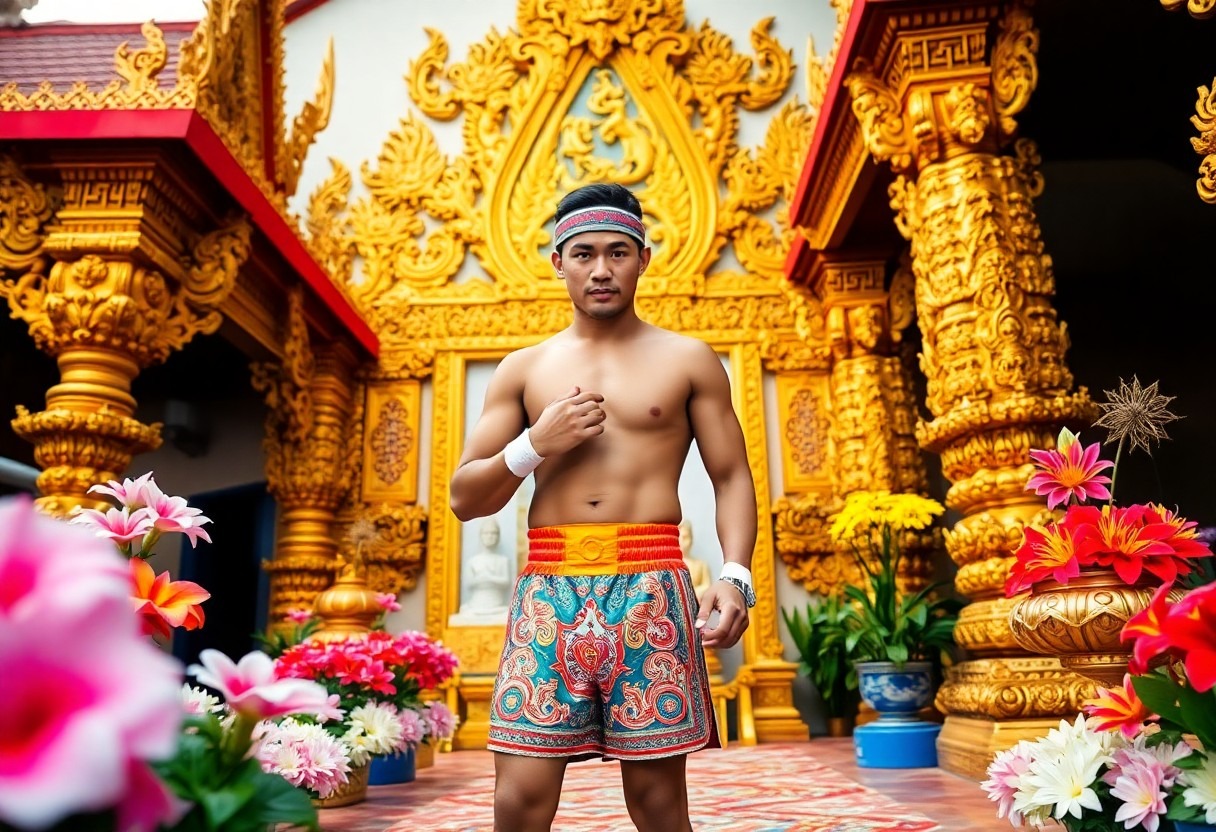
Modern Practices and Innovations
All around the world, contemporary Muay Thai has embraced technological advancements, altering how fighters train and prepare for matches. The integration of digital platforms, fitness trackers, and modern conditioning techniques has led to the evolution of training methods. Additionally, you may see how gyms blend traditional techniques with innovative strategies, making the practice more accessible to aspiring fighters. As the sport grows globally, the rituals continue to adapt while keeping the essence of Muay Thai alive.
Evolution of Rituals in Contemporary Muay Thai
Above the foundational elements of Muay Thai, it’s fascinating to observe how rituals have transformed in contemporary practice. For example, many fighters today blend traditional pre-fight ceremonies with modern training regimens to enhance performance and convey respect. This evolution reflects not just the sport’s adaptability but also your ability as an athlete to honor cultural roots while pursuing excellence in a competitive environment.
Balancing Tradition with Modernity
Between the age-old rituals and modern practices lies a delicate balance that you, as a practitioner or enthusiast, must navigate. The ancient customs of Muay Thai create a rich tapestry of meaning and respect that must not be lost in your pursuit of contemporary form. By incorporating modern training techniques while respecting traditional rituals, you create a harmonious relationship between the past and the future of the sport.
Tradition offers you a deep connection to the roots of Muay Thai, linking you to generations of fighters who came before. Acknowledging the importance of rituals like the Wai Kru and the Ram Muay not only enhances your understanding of the sport but also enriches your personal journey within it. By respecting these practices while embracing innovation and personal growth, you achieve a balanced approach that honors both the history and future of Muay Thai, ultimately enhancing your engagement with the sport.
Summing up
Now that you’ve explored the arcane traditions behind Thai boxing rituals, you can appreciate how these practices reflect the deep cultural significance and spiritual values intertwined with the sport. From the Wai Khru ceremony that honors teachers to the rhythmic movements of the Ram Muay, these rituals enhance your understanding of Muay Thai as more than just a physical contest, but a respectful homage to its history and the fighters’ dedication. Engaging with these traditions enriches your connection to the sport, allowing you to experience the profound essence of Thai boxing beyond the ring.

